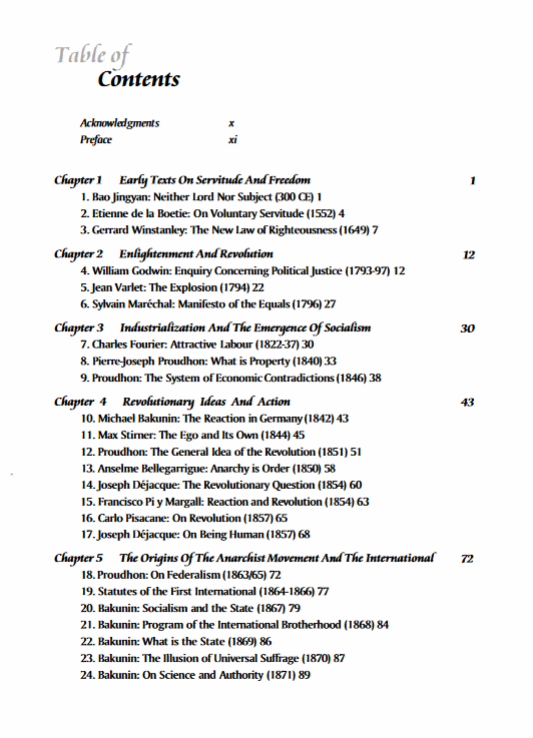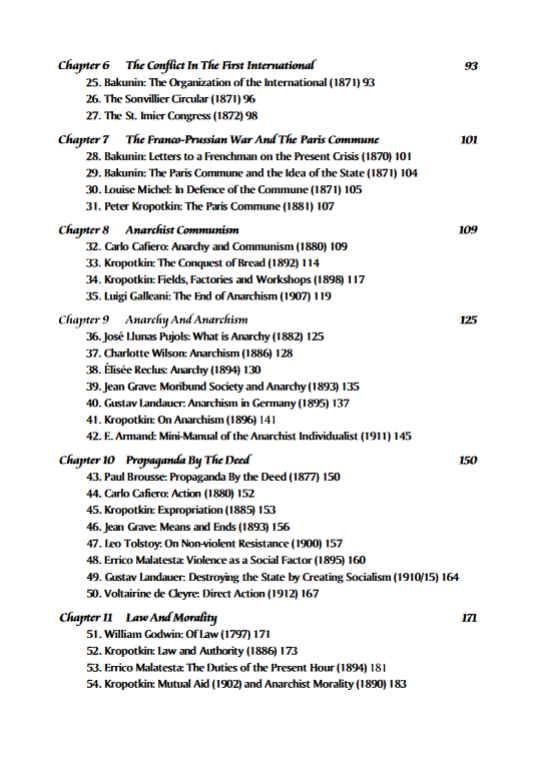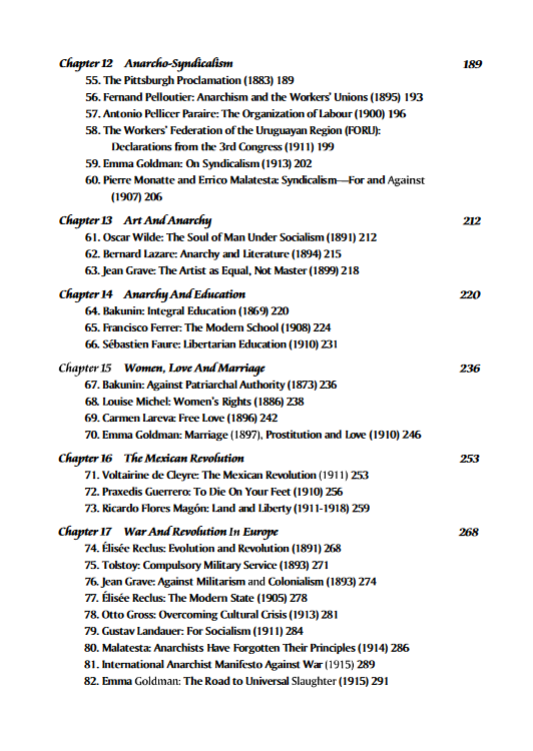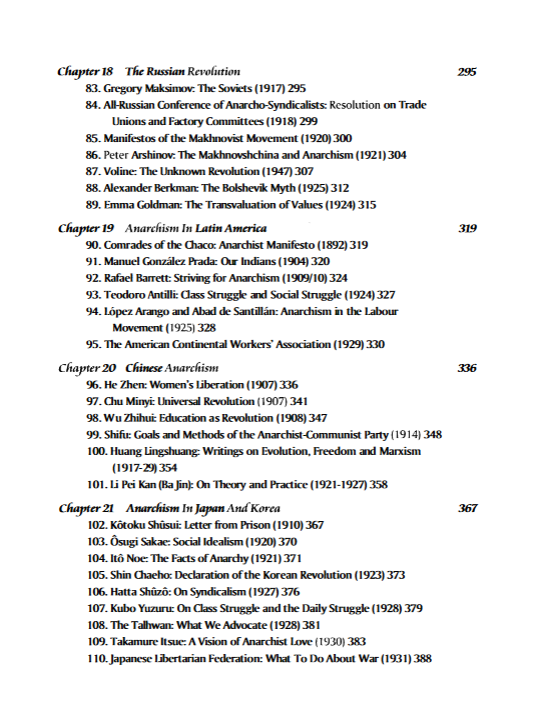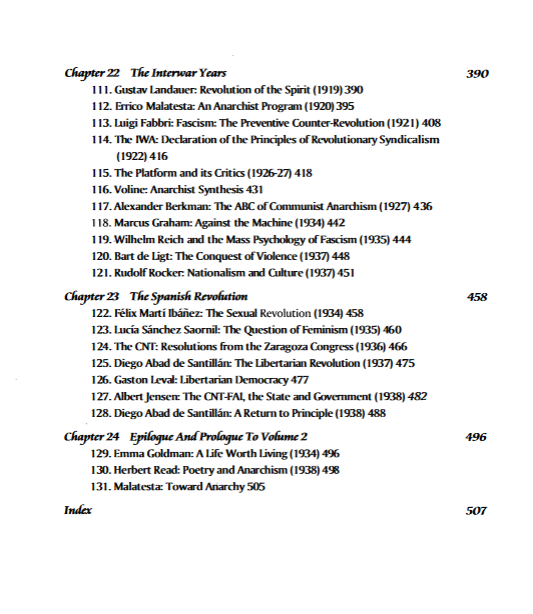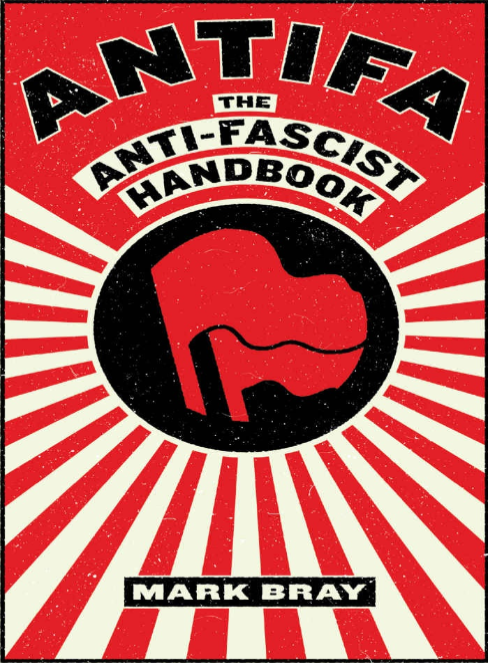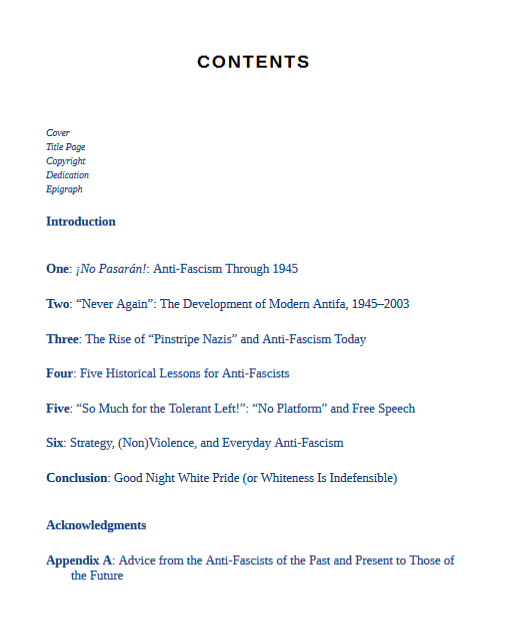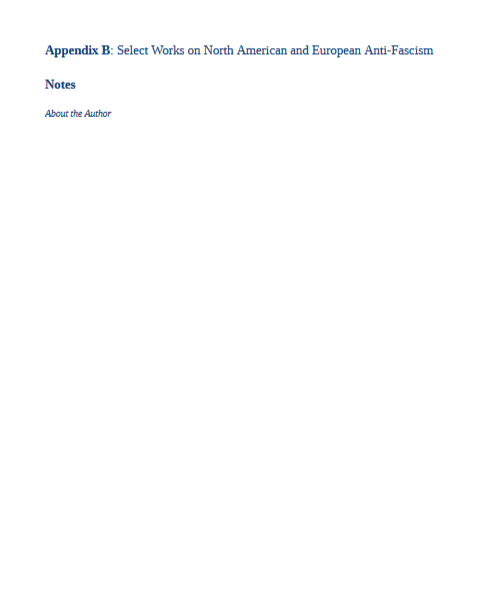Author(s)
Contents



“How might we theorise and practise Black feminism and Afrofeminism in Europe today? This is a provocative question for Black women, as our politics are too often erased from or misrecognised in the European imagination.
We define Black feminism as a praxis that identifies women racialised as Black as knowing agents for social change. Black feminism is both a theory and a politics of affirmation and liberation. Black feminism names and valorises the knowledge production and lived experiences of different Black women derived from our class, gender identity, legal status and sexuality, for example.
This insistence on Black women as human, as agents and as knowers is critical to any kind of Black feminist thought. It radically dissents from and subverts the hegemonic con-structions of Black women as either irrelevant and invisible objects or alien Others who disrupt the taken for granted racialised and gendered social and economic order. Crucially, Black feminism is also a politics of liberation. Our struggle for our humanity is revolutionary political action that imagines another world is possible beyond the plunder, exploitation and expropriation that are the bedrock of liberal democracies.
It is important to stress that Black feminism does not merely operate against violence and exclusion but creates and fosters a different way of seeing and being in this world. Black feminism is always a creative and dynamic production of thinking and living otherwise.”
Akwugo Emejulu & Francesca Sobande
Leave a comment below with a valid email adress (it will not be published) to request this book.
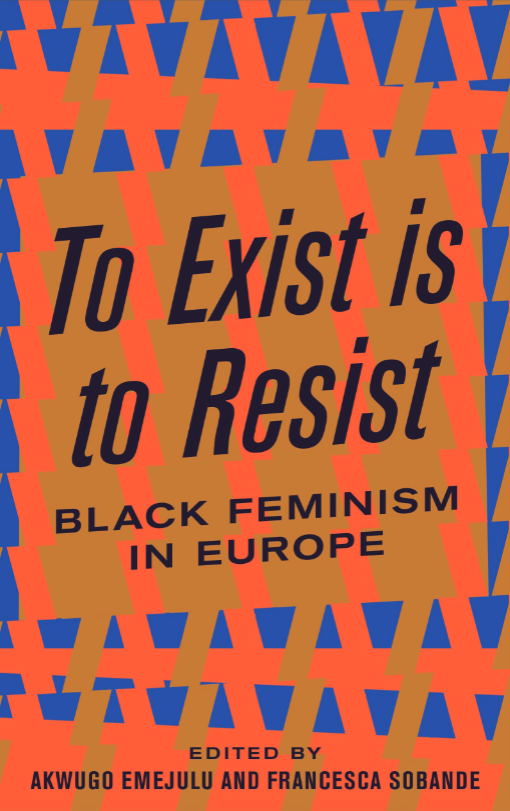

 Emejulu, Akwugo
Emejulu, Akwugo 
